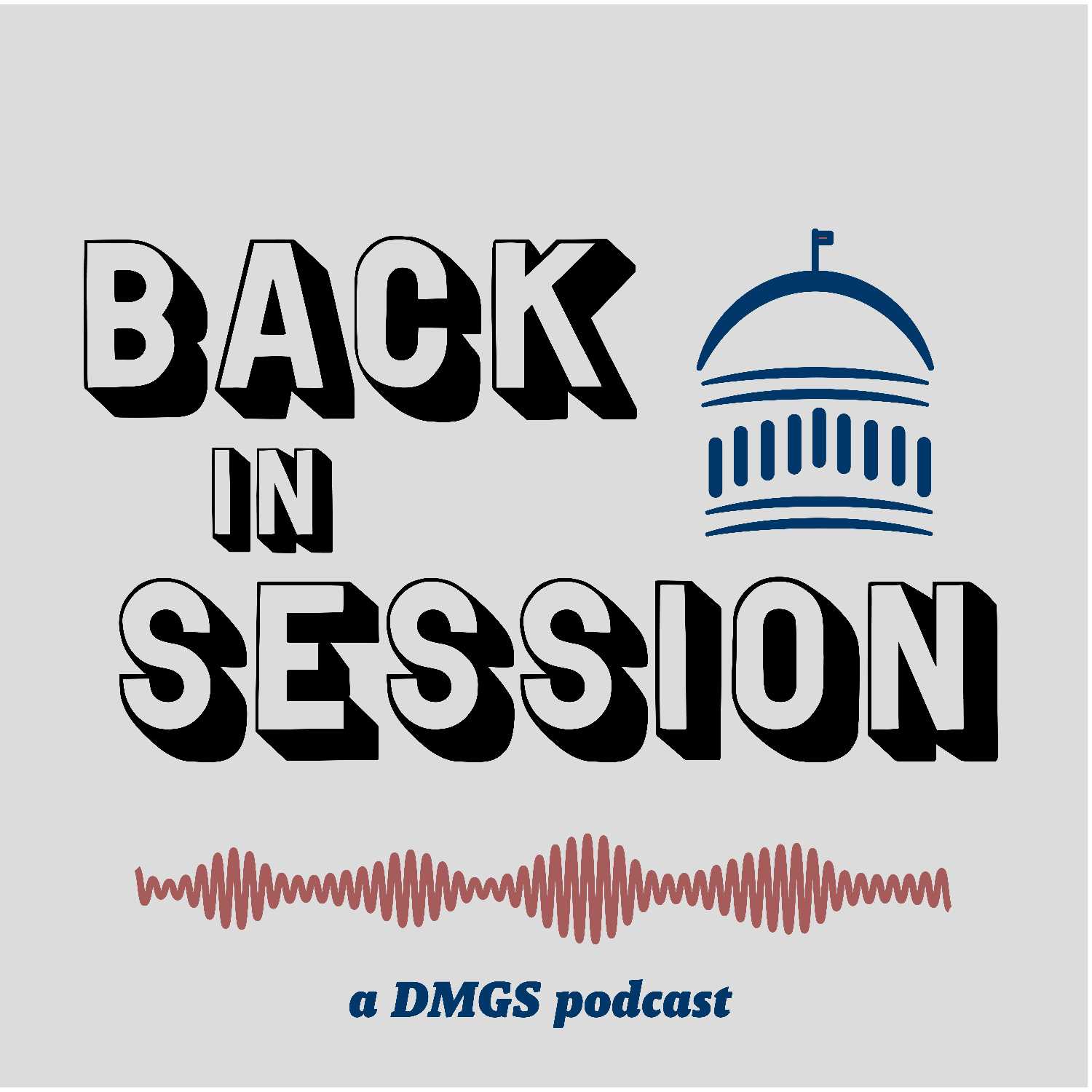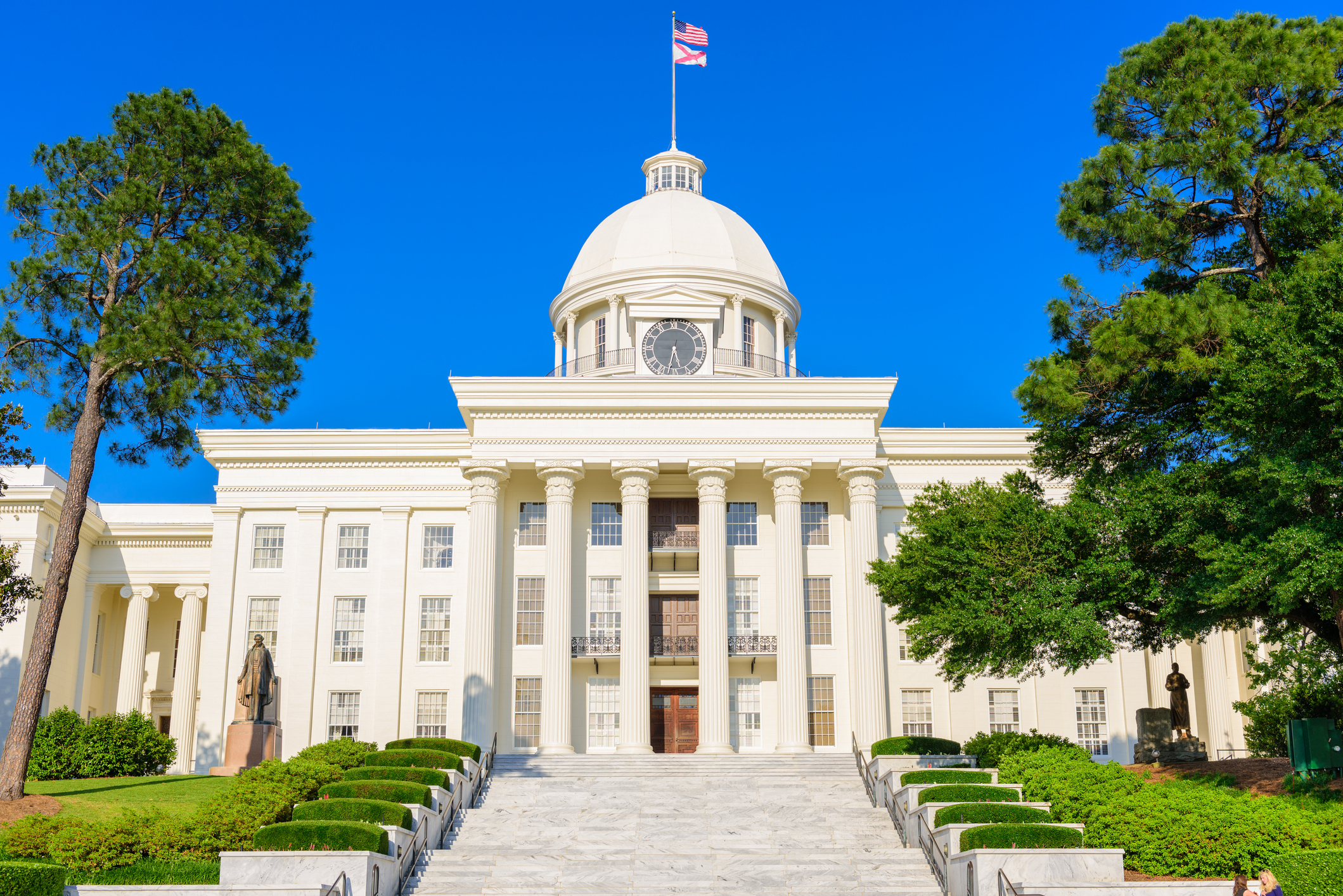
As we have noted previously, governors maintain the power to veto legislation in a state’s system of checks and balances. Each state has laws and rules outlining the veto process, which varies from state to state. There are also numerous types of vetoes, including line-item vetoes, amendatory vetoes, reduction vetoes, pocket vetoes, and full bill vetoes.
In Kentucky, Governor Andy Beshear (D) has vetoed nearly 30 bills this year, plus four additional line-item vetoes. Of those vetoed bills, the Republican-controlled legislature has overridden four of them. Last year, Governor Beshear vetoed 31 bills, and lawmakers overrode 28.
Vetoes: Education Mandates, Transgender Athletes, & Income Taxation
Senate Bill 1 would, among other things, regulate the discussion of race in schools. The bill would mandate that a public school or charter school must provide instruction and instructional materials consistent with the following concepts:
- All individuals are created equal;
- Americans are entitled to equal protection under the law;
- An individual deserves to be treated on the basis of their character;
- An individual, by virtue of their race or sex, does not bear responsibility for actions taken by other members of the same race or sex;
- The understanding that the institution of slavery and post-Civil War laws enforcing racial segregation and discrimination were contrary to the fundamental American promise of life, liberty, and the pursuit of happiness but defining racial disparities solely on the legacy of this institution is destructive to the unification of our nation; and
- The future of our country’s success is dependent upon cooperation among all of its citizens.
The bill also drew criticism because of provisions to require instructors to utilize partisan political speeches and remove local control over school curricula.
In Governor Beshear’s veto message, he noted that the bill would police classroom discussions on the topic of race, discussions children are having with or without adults in schools, and that “prescribing a rigid approach to what must be ‘taught’ in those discussions will lessen if not erase them.”
Senate Bill 83 would ban transgender girls from participating in girls’ or women’s sports. The bill would require schools to designate all athletic teams, activities, and sports for students from grades 6–12 as “boys,” “coed,” or “girls.” Further, the bill would establish that the sex of a student to determine eligibility to participate in an athletic activity or sports would be determined by a student’s biological sex as indicated on their original birth certificate or an affidavit signed by a physician, physician assistant, advanced practice registered nurse, or chiropractor that conducted an annual medical examination establishing the student’s biological sex at the time of birth. The bill additionally would bar an athletic activity or sport designated as “girls” for students between grades 6–12 from being open to members of the male sex.
In Governor Beshear’s veto message, he explained that the bill would violate Kentuckians’ equal protection rights as enshrined in the United States Constitution. Governor Beshear noted that Republican governors in Utah and Indiana vetoed similar legislation recently because of the likelihood of litigation challenging the bill’s constitutionality.
House Bill 8 would have eliminated the personal income tax in Kentucky. Governor Beshear vetoed the bill because, among other things, the bill would create new taxes on 35 different services and industries, such as a tax on criminal background checks and new taxes on summer camps and youth sports.
Veto Overrides
Redistricting Bills
Senate Bill 3 was the state’s congressional redistricting plan. Governor Beshear vetoed SB 3 on January 19. The veto was overridden the next day by a 26–8 vote in the Senate and a 64–24 vote in the House. A copy of the map can be found online.
House Bill 2 was the Kentucky House redistricting map. Governor Beshear vetoed HB 2 on January 19. The veto was overridden the next day by a vote of 69–23 in the House and 24–10 in the Senate. A copy of the map can be found online. The population range in a district under the map ranges from 42,866 to 47,241.
COVID Powers
Senate Joint Resolution 150 terminated the COVID-19 emergency declaration from the governor’s 2020 Executive Order 2020-215. Governor Beshear vetoed the resolution on March 16 but was overridden by a 25–8 vote in the House and a 68–18 vote in the Senate.
Latest News
As legislative sessions kick off across the country, advocacy professionals must navigate diverse political landscapes, shifting priorities, and fast-moving policy developments. In this episode of Back in Session, hosts Ryan Stevens and Ryan DeMara sit [...]
Photo credit: iStock.com/hapabapa As the year draws to a close, state legislatures across the country are gearing up for their upcoming sessions in 2025. A critical aspect of this preparation is state legislative prefiling, a [...]
Photo credit: iStock.com/zrfphoto In the State of Washington, members of the General Assembly can pre-file legislation in the month before a legislative session begins. Beginning on December 4, 2023, lawmakers began pre-filing dozens of bills. [...]
Photo credit: iStock.com/SeanPavonePhoto On December 1, 2023, Alabama state lawmakers began pre-file legislation for the 2024 session, when their bills will receive an official introduction. In total, 35 bills have been pre-filed (30 in the [...]






Stay In Touch